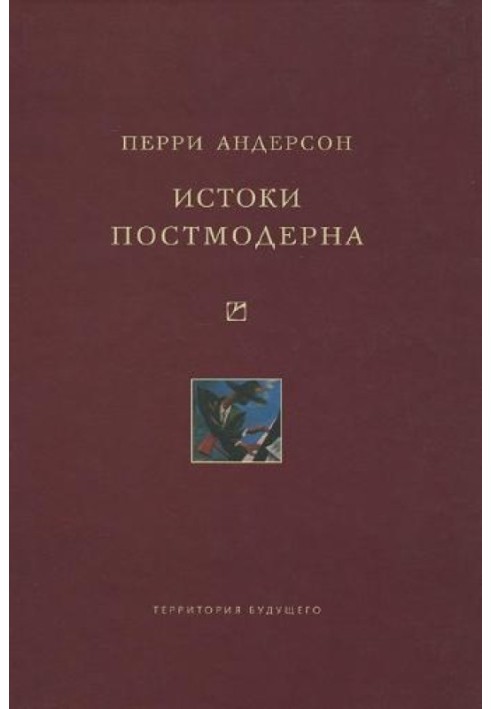Origins of postmodernity
 Instant download
Instant download
after payment (24/7)
 Wide range of formats
Wide range of formats
(for all gadgets)
 Full book
Full book
(including for Apple and Android)
This insightful and multifaceted book by renowned British Marxist theorist Perry Anderson examines the genesis, development and consequences of the concept of postmodernity. Beginning with a fascinating intellectual journey into the Spanish-speaking world of the 1930s, it charts the changes in meaning and usage of the concept until the late 1970s, when J.-F. Lyotard and J. Habermas, the idea of postmodernism became the subject of wide discussion. Much attention is paid to Fredric Jameson, whose work represents the most prominent general theory of postmodernity today. Reconstructing the intellectual and political background of Jameson's interpretation of the present, The Origins of Postmodernity examines its aftereffects on the debates of the 1990s. Anderson enriches his acclaimed analysis of modernism by situating postmodernism within the force field of a declassed bourgeoisie, the spread of mediatized technology, and the historical defeat of the left that marked the end of the Cold War. Following strictly his interpretation of postmodernism as the cultural logic of multinational capitalism, Anderson ends the book by reflecting on the decline of modernism, changes in the art system, the spread of the spectacle, debates about the "end of art" and the fate of politics in the postmodern world.
Data sheet
- Name of the Author
- Перри Андерсон
- Language
- Ukrainian
- Release date
- 2011
- Translator
- Алексей Валентинович Аполлонов














